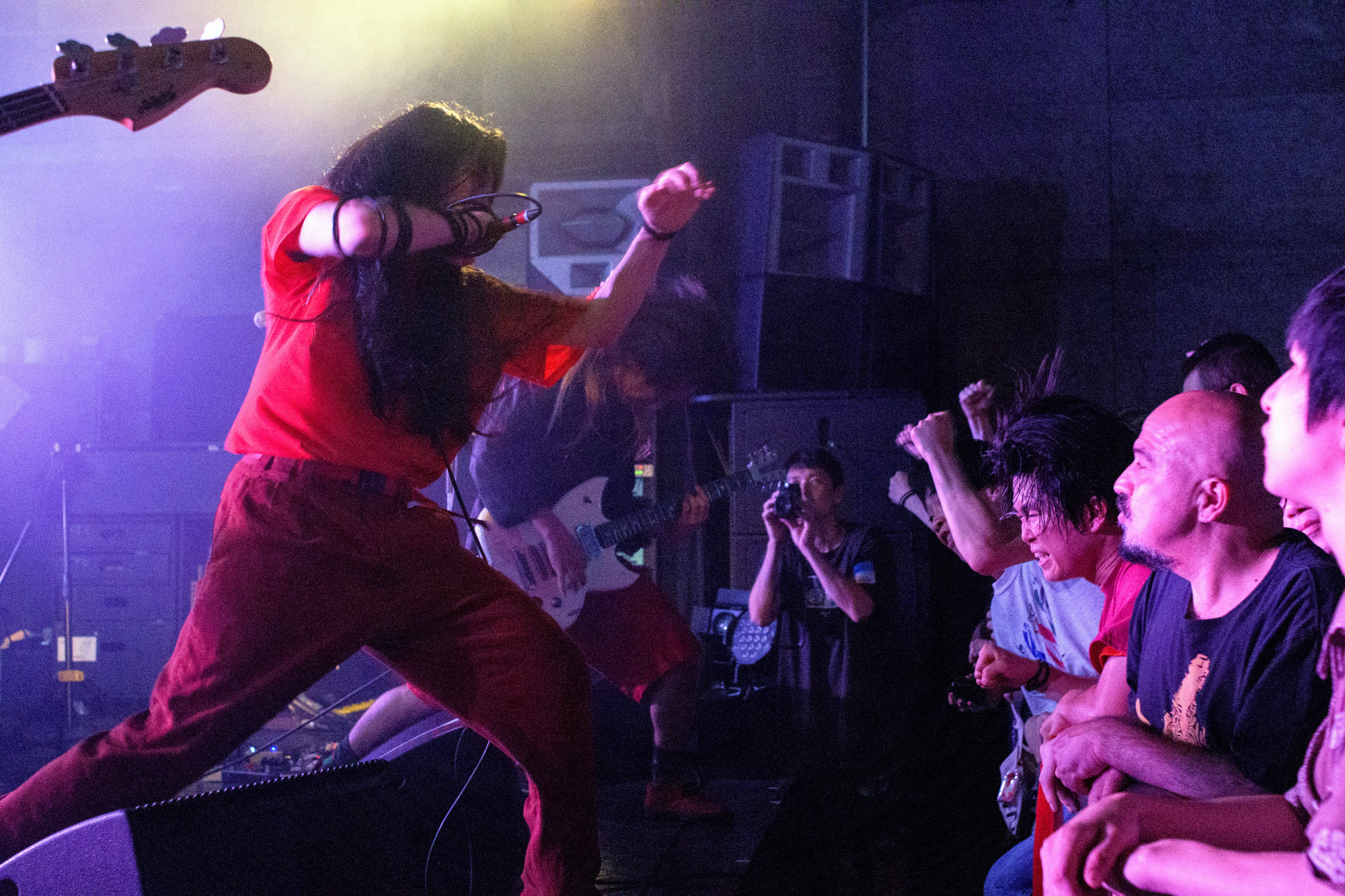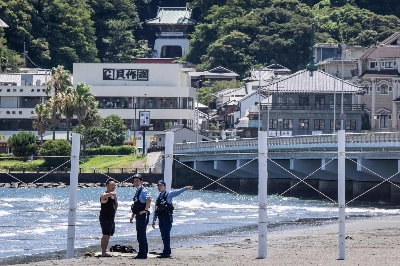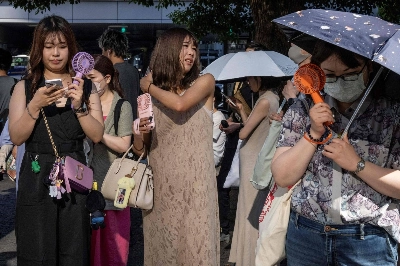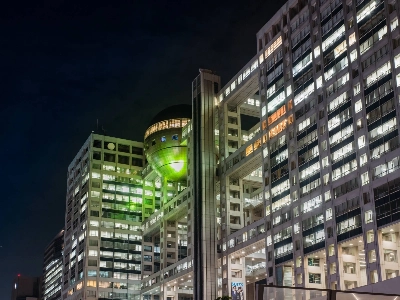If you wanted an idealized vision of how great the Japanese music underground can be, 2019's Black Opera was a good place to start. Held at the Goethe-Institut Tokyo in November, this audacious stage show brought together artists from disparate genres — hip-hop, noise, taiko drumming, jazz, contemporary dance, acoustic folk, spoken word and whatever it is that throat-singing shaman Fuyuki Yamakawa does — and made them feel like one big family.
As music scenes fragment and listening habits grow increasingly atomized, with everyone retreating into their own personalized Spotify bubble, it was a reminder of the importance of communal experience. Part of what made Black Opera so rewarding was the sense of hidden connections being revealed, or sometimes created on the spot. That it also offered a commentary on the turbulent times we're living through made it all the more vital.
Given the pressures that Japanese musicians working outside the commercial mainstream face, a little solidarity goes a long way. Some of the cast of Black Opera were as much community organizers as musicians such as sound artist Atsuhiro Ito and wayward rapper Killer-Bong, founder of Black Smoker Records. The members of experimental rock trio Kukangendai, who played at the opening party, also run the live venue Soto in Kyoto, a key hub for exploratory music in the Kansai region.


















With your current subscription plan you can comment on stories. However, before writing your first comment, please create a display name in the Profile section of your subscriber account page.